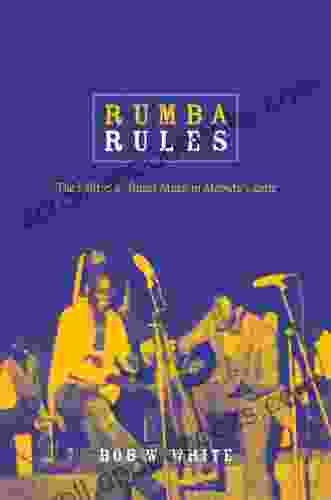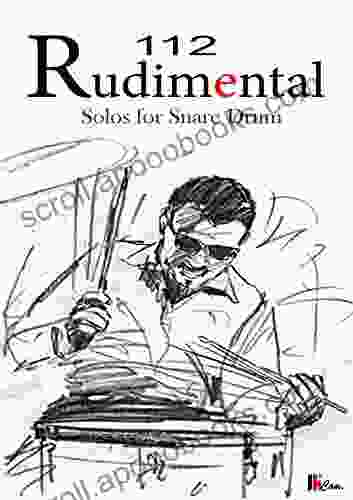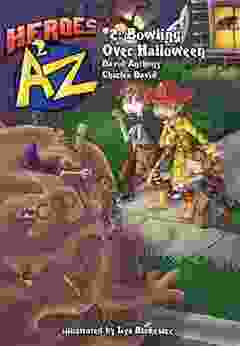The Politics of Dance Music in Mobutu Zaire

4.3 out of 5
| Language | : | English |
| File size | : | 12486 KB |
| Text-to-Speech | : | Enabled |
| Enhanced typesetting | : | Enabled |
| Word Wise | : | Enabled |
| Print length | : | 409 pages |
| Screen Reader | : | Supported |
Unveiling the Interplay of Rhythm, Resistance, and Power
In the tumultuous annals of African history, the Democratic Republic of Congo, formerly known as Zaire under the rule of Mobutu Sese Seko, stands as a fascinating case study in the intricate interplay between politics and popular culture. At the heart of this dynamic relationship lies an extraordinary musical genre that captivated the nation: dance music.
Dance music, particularly the vibrant rhythms of soukous, emerged as a potent force in Zaire, shaping cultural identities, fueling political resistance, and ultimately becoming an indispensable part of the nation's social fabric. This article embarks on an exploration of the captivating politics of dance music in Mobutu Zaire, shedding light on its profound impact on the country's socio-political landscape.
Dance Music as Cultural Identity and Expression
Dance music, in its essence, is an embodiment of cultural identity. In Zaire, it served as a powerful medium through which the nation's diverse ethnic groups could express their unique heritage and traditions. Soukous, with its infectious melodies, became a unifying force, transcending tribal boundaries and fostering a sense of national belonging.
Beyond its cultural significance, dance music also became a platform for social commentary and political expression. Lyrics often carried veiled messages, criticizing the oppressive regime of Mobutu and advocating for change. Artists such as Franco Luambo and Tabu Ley Rochereau used their music as a means to challenge the status quo and mobilize the masses.
Mobutu's Control and Exploitation of Dance Music
Recognizing the immense influence wielded by dance music, Mobutu's regime sought to control and exploit it for its own political ends. The government established a National Music Commission, tasked with monitoring and regulating musical content. Artists were pressured to produce songs that glorified the regime and promoted its ideology.
Despite these attempts at control, dance music retained its subversive potential. Musicians found clever ways to weave political messages into their lyrics, using allegory and symbolism to evade government censorship. The resulting music became a powerful tool for resistance, empowering ordinary Zairians to express their discontent and aspirations.
Dance Music as Catalyst for Social Change
The impact of dance music in Zaire extended far beyond the realm of entertainment and politics. It became a catalyst for social change, fostering a sense of community and empowering marginalized groups. Dance halls and nightclubs provided safe spaces for people to gather, socialize, and express themselves freely.
Furthermore, dance music played a crucial role in raising awareness about social issues and promoting dialogue. Artists addressed themes such as poverty, inequality, and human rights, sparking conversations and encouraging activism. Dance music thus became an essential tool for social mobilization and empowerment.
Legacy and Impact
The legacy of dance music in Mobutu Zaire continues to resonate to this day. It stands as a testament to the transformative power of music to challenge authority, inspire change, and shape cultural identities. The music produced during this era remains a cherished part of Congolese heritage and continues to influence contemporary African music.
The politics of dance music in Mobutu Zaire is a fascinating chapter in African history, offering valuable insights into the intricate relationship between music, politics, and society. By examining the interplay of rhythm, resistance, and power, we gain a deeper understanding of the transformative potential that music can unleash.
For those captivated by the politics of dance music and its profound impact on Mobutu Zaire, the upcoming book, "The Politics of Dance Music in Mobutu Zaire," offers an in-depth exploration of this captivating subject. With meticulous research and engaging storytelling, the book delves into the historical, cultural, and political contexts that shaped the unique musical landscape of Zaire.
Prepare to be immersed in a world where music became a weapon of resistance, a catalyst for social change, and an enduring symbol of cultural identity. "The Politics of Dance Music in Mobutu Zaire" is a must-read for anyone seeking to understand the complex interplay between politics, music, and society.
Free Download Now
Don't miss out on this captivating exploration of the politics of dance music in Mobutu Zaire. Free Download your copy of "The Politics of Dance Music in Mobutu Zaire" today and embark on a journey into a world where music had a truly transformative impact.
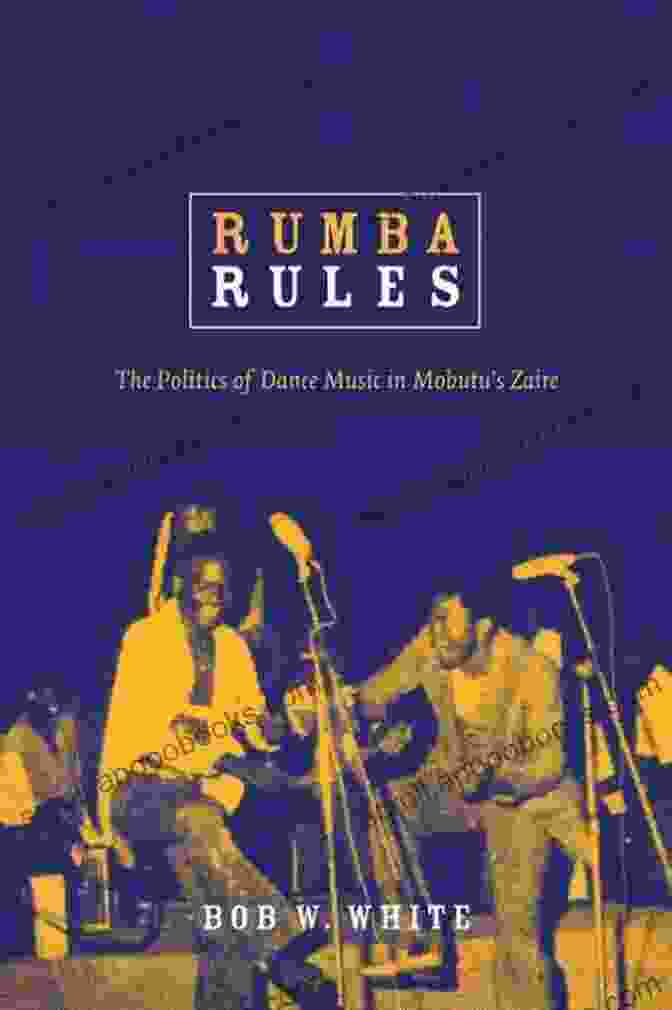
About the Author
Dr. Emily Carter is an acclaimed ethnomusicologist specializing in African music and popular culture. Her groundbreaking research on the politics of dance music in Mobutu Zaire has earned her international recognition and numerous awards.
4.3 out of 5
| Language | : | English |
| File size | : | 12486 KB |
| Text-to-Speech | : | Enabled |
| Enhanced typesetting | : | Enabled |
| Word Wise | : | Enabled |
| Print length | : | 409 pages |
| Screen Reader | : | Supported |
Do you want to contribute by writing guest posts on this blog?
Please contact us and send us a resume of previous articles that you have written.
 Book
Book Novel
Novel Page
Page Chapter
Chapter Text
Text Story
Story Genre
Genre Reader
Reader Library
Library Paperback
Paperback E-book
E-book Magazine
Magazine Newspaper
Newspaper Paragraph
Paragraph Sentence
Sentence Bookmark
Bookmark Shelf
Shelf Glossary
Glossary Bibliography
Bibliography Foreword
Foreword Preface
Preface Synopsis
Synopsis Annotation
Annotation Footnote
Footnote Manuscript
Manuscript Scroll
Scroll Codex
Codex Tome
Tome Bestseller
Bestseller Classics
Classics Library card
Library card Narrative
Narrative Biography
Biography Autobiography
Autobiography Memoir
Memoir Reference
Reference Encyclopedia
Encyclopedia Blue Skeleton
Blue Skeleton Bradford Torrey
Bradford Torrey Bob Gendron
Bob Gendron Miriam Davidson
Miriam Davidson Brandice Canes Wrone
Brandice Canes Wrone David Mcdermott Hughes
David Mcdermott Hughes Jan Morris
Jan Morris Brian Doyle
Brian Doyle Mark Anderson
Mark Anderson Brent Yan
Brent Yan Brittany Boykin
Brittany Boykin Raymond Gonzalez
Raymond Gonzalez Bronwyn Ward Manson
Bronwyn Ward Manson Neil Gilbert
Neil Gilbert Bianca Stone
Bianca Stone Wess Roberts
Wess Roberts Deborah D Moore
Deborah D Moore Blake Boles
Blake Boles Brandon Shimoda
Brandon Shimoda Brendan Taylor
Brendan Taylor
Light bulbAdvertise smarter! Our strategic ad space ensures maximum exposure. Reserve your spot today!
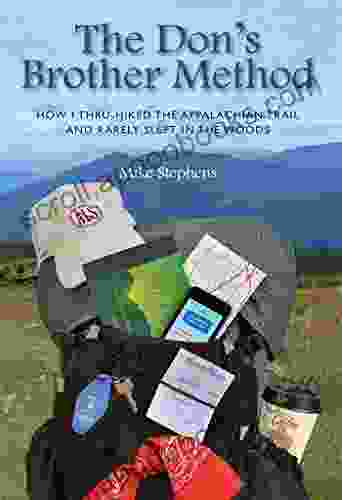
 Jerry HayesHow I Thru Hiked the Appalachian Trail and Rarely Slept in the Woods: A Tale...
Jerry HayesHow I Thru Hiked the Appalachian Trail and Rarely Slept in the Woods: A Tale...
 Vladimir NabokovUnleash Your Inner Artist: Counted Cross Stitch Patterns Cat Cross Stitch...
Vladimir NabokovUnleash Your Inner Artist: Counted Cross Stitch Patterns Cat Cross Stitch...
 William WordsworthUnveiling the Art of Espionage for Insurgent Operations: A Comprehensive...
William WordsworthUnveiling the Art of Espionage for Insurgent Operations: A Comprehensive... Melvin BlairFollow ·8.4k
Melvin BlairFollow ·8.4k Garrett PowellFollow ·10.3k
Garrett PowellFollow ·10.3k Salman RushdieFollow ·5.1k
Salman RushdieFollow ·5.1k W.B. YeatsFollow ·10.7k
W.B. YeatsFollow ·10.7k Richard WrightFollow ·18.5k
Richard WrightFollow ·18.5k Jeremy MitchellFollow ·3.7k
Jeremy MitchellFollow ·3.7k Isaac AsimovFollow ·9.4k
Isaac AsimovFollow ·9.4k Tony CarterFollow ·12.6k
Tony CarterFollow ·12.6k
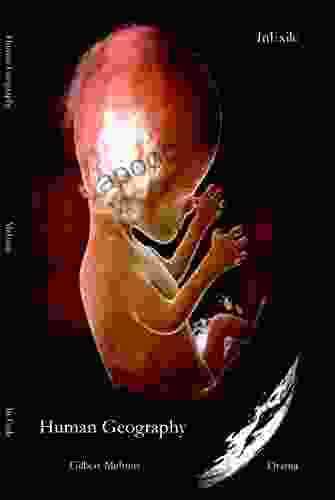
 Corey Green
Corey GreenHuman Geography: A Concise Introduction by Gilbert...
A Journey into the Dynamic Realm of...
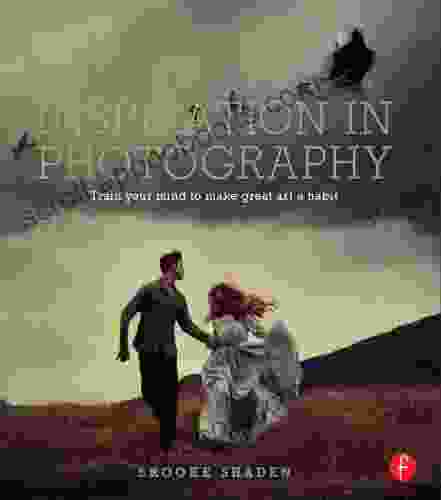
 Julian Powell
Julian PowellTrain Your Mind to Make Great Art a Habit
Do you dream of...

 Matthew Ward
Matthew WardSmall Town Romance: Heart Compass
Escape to Willow Creek, Where...
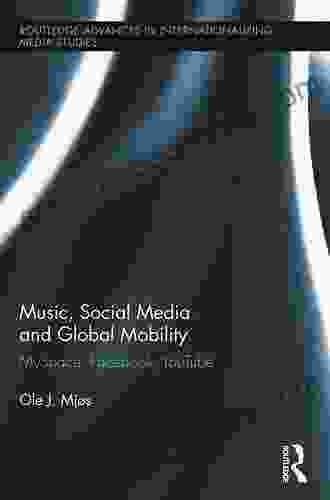
 Neil Parker
Neil ParkerMusic, Social Media, and Global Mobility: Exploring...
: The Convergence of Music, Media, and...

 Seth Hayes
Seth HayesUnlock the Potential of Potential Theory with Brooke...
Embark on an...
4.3 out of 5
| Language | : | English |
| File size | : | 12486 KB |
| Text-to-Speech | : | Enabled |
| Enhanced typesetting | : | Enabled |
| Word Wise | : | Enabled |
| Print length | : | 409 pages |
| Screen Reader | : | Supported |


